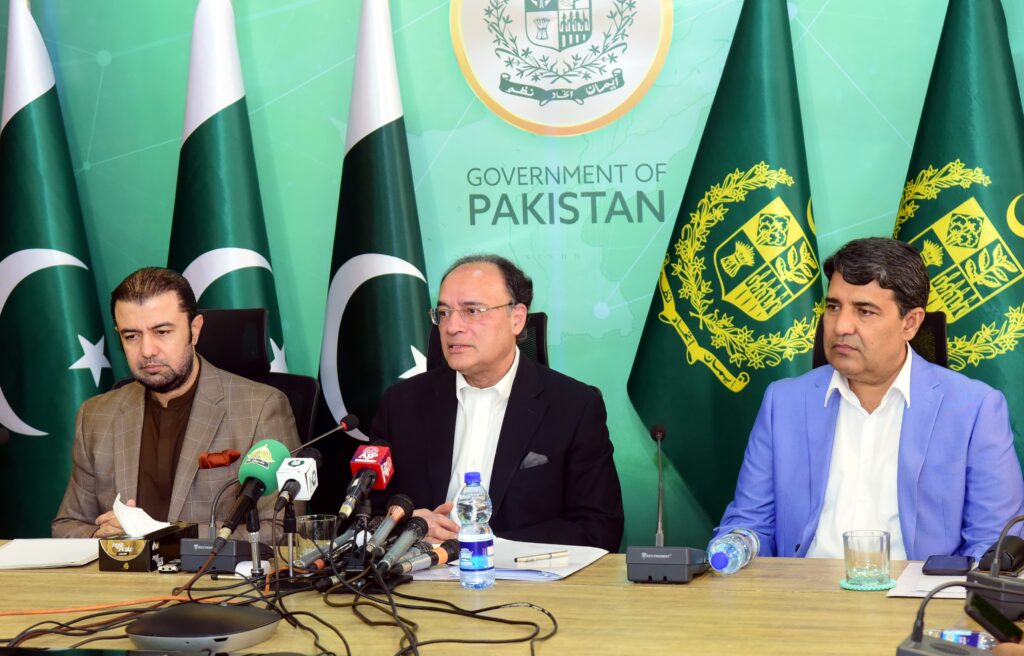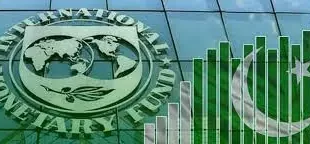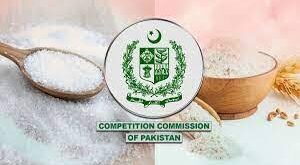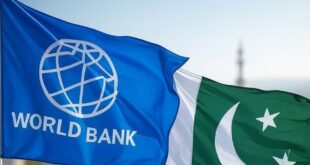
Federal Finance Minister Muhammad Aurangzeb, during a press conference in Islamabad, stated that the IMF delegation visiting Pakistan will not engage in discussions regarding the budget. He emphasized that a significant reduction in the interest rate has already taken place, and in his view, there is still room for further decrease.
He highlighted that economic stability has returned to the country, which he deemed essential for economic development. According to him, there has been considerable improvement on the external front, and remittances this year are expected to exceed US $ 36 billion.
Aurangzeb noted that exports are also on the rise, and by the end of June, the country’s foreign exchange reserves are projected to reach US $ 13 billion. He reassured that there are currently no obstacles in opening Letters of Credit (LCs) or in allowing companies to repatriate profits abroad. On the domestic front, he said, inflation has decreased significantly.
The finance minister further announced that salaried citizens across Pakistan will now be able to file their taxes from home without needing legal assistance, as taxation procedures are being simplified.
He clarified that the IMF delegation is in Pakistan to discuss governance-related issues, not budget matters, and that governance targets had already been agreed upon with the IMF beforehand.
Addressing trade matters, Aurangzeb said a high-level delegation will soon visit the United States to discuss the new developments following the imposition of tariffs by the USA. A new negotiation package is being prepared, and a steering committee and working group have been formed to address the issue.
He reiterated that interest rates have been significantly reduced and that further cuts may be possible. He affirmed that economic stability has been achieved and is crucial for the country’s progress. There has been a marked improvement in the external sector, and remittances are expected to cross US $ 36 billion.
By the end of June, the country’s reserves are expected to touch US $ 13 billion, and at present, companies face no challenges in opening LCs or transferring profits abroad. On the domestic front, inflation has dropped to record levels. Aurangzeb stressed that the benefits of reduced inflation should reach the general public. He added that the Economic Coordination Committee (ECC) of the cabinet is actively monitoring inflation and has introduced new measures to tackle it.
Citing reports from PWC and the Overseas Investors Chamber, Aurangzeb said there has been an increase in the Business Confidence Index, and investor confidence is being restored. He mentioned that local investors are also actively investing and that stock market activity has seen notable growth.
Discussing consumer spending, he shared that purchases worth Rs 870 billion were made during Eid-ul-Fitr, compared to Rs 720 billion last year. In the first half of the current fiscal year, cement production rose by 14%, car sales increased by 40%, and motorcycle sales went up by 30%.
He confirmed that a staff-level agreement has been reached with the IMF and that Pakistan has met all the structural benchmarks. This time, measures were taken for a national finance agreement and the collection of agricultural income tax—marking the first time that Pakistan has achieved these structural benchmarks.
For the first time, provinces also took concrete steps to meet targets. Aurangzeb expressed optimism that the IMF Executive Board will soon approve the disbursement of the second tranche of one billion dollars. He noted that an agreement with the IMF regarding climate change has also been reached. However, the one billion dollars will be disbursed in phases, as Pakistan meets its climate-related goals.
He emphasized that full implementation of structural reforms is essential for preparing the next IMF program. While economic stability has been achieved in the past, he said, the focus now must be on sustaining and advancing it.
The finance minister noted that the tax-to-GDP ratio has increased to 10.8%, and efforts are being made to expand and deepen tax collection. The use of digital tools in the Federal Board of Revenue (FBR) is showing positive results. Track-and-trace systems have been fully implemented in the sugar, fertilizer, and tobacco sectors, although implementation in the cement sector is still pending.
He also announced that income tax filing for salaried individuals will be made easier, and a self-filing system will be introduced for them in the next fiscal year.
Aurangzeb stated that once the IMF Board gives its approval, the one billion dollars will be released. He reiterated that the recent staff-level agreement with the IMF was made after meeting all benchmarks. He emphasized that this program belongs to Pakistan and is crucial for the country’s economic well-being.
He expressed a sense of responsibility to ensure that the benefits of declining inflation are transferred to the people. To this end, an institutional mechanism is being established to monitor the prices of essential goods. He reiterated that economic stability has been achieved and that the economy is moving in the right direction.
The finance minister stressed the importance of turning current economic stability into sustainable economic growth. He noted that the country’s foreign exchange reserves are increasing.
He reaffirmed the goal of raising remittances to US $ 36 billion and emphasized the need to boost investment within the country. He highlighted the vital role of the banking sector in economic development and said that the cut in policy rates has had a positive impact on the economy.
By the end of June, the tax-to-GDP ratio is expected to reach 10.6%. Last year, revenue increased by 29%, and this year, tax revenue has grown by 32.5%. Aurangzeb revealed that Rs 105 billion were collected from new tax filers, while Rs 413 billion were collected from traders.
He concluded by noting that the FBR has adopted improved methods and technologies, and the country is expected to achieve 3% economic growth in the current fiscal year.
Speaking on US-Pakistan trade relations, Aurangzeb described the United States as a key trading partner. He confirmed that the Prime Minister has formed two committees to address the issue of tariffs, and a Pakistani delegation will visit the US to seek a mutually beneficial solution.
 BeNewz
BeNewz




